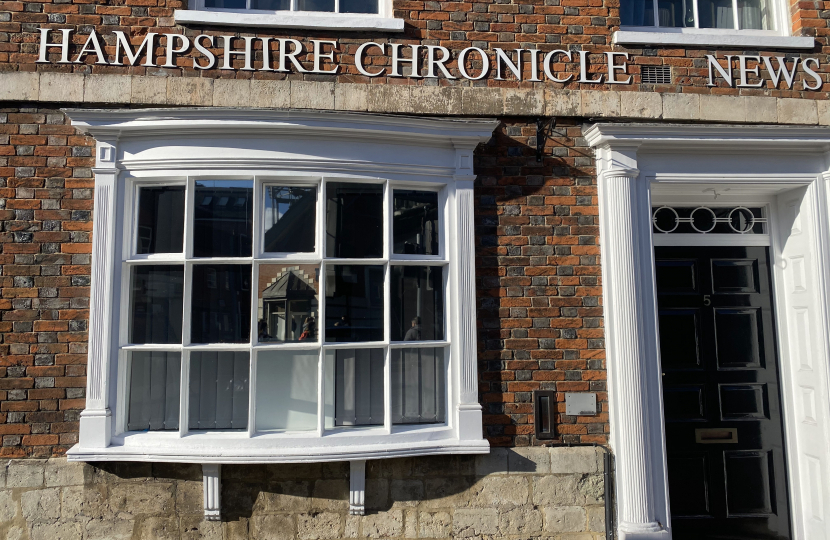
Earlier this week I was in Birmingham giving a keynote address at The Pharmacy Show. It brings together thousands of people from across the sector for a two-day event at the NEC.
Pharmacists are the people we largely know from high street stores, but they work across hospitals and in general practice too as part of the wider team, and I was at the show as Chair of the Health Select Committee to speak about our major new pharmacy inquiry.
To my mind, pharmacists are highly trained clinicians who hold the potential to change aspects of our health service for the better. Harnessed properly, pharmacy can transform the way in which health and care is delivered, focus on prevention and even help secure the future of the NHS.
Our inquiry looks at what the pharmacy of the future could look like and what the Government might do to make sure the opportunity isn’t lost.
We want it to be forward looking; to consider the full range of pharmacy services - whether they might be - and will include issues of funding, workforce, (including issues around retention), medicine shortages, career pathways, training and supervision as well as apprenticeships.
We will seek to understand what the pharmacy profession might look like going forward if they can be adequately renumerated to move away from the time consuming dominance of dispensing to become the genuine centres of primary car excellence I know they can be.
Earlier this year, the expert panel that advises me evaluated government commitments in pharmacy and overall rated the Government’s progress in this area as “requires improvement.”
There is clearly then a lot of work to be done if pharmacy services are to reach the potential I have described but, before any of that is possible, we need to secure the future of community pharmacy because it cannot provide any sort of service if it’s no longer there.
So funding is absolutely a key component of our inquiry, building on £645m of new money announced this year as part of the Primary Care Recovery Plan and for which I had long argued. We can all write leaflets but that is genuine tangible impact from our MP on actual Government decisions.
Secondly, smoking remains the biggest preventable killer in our country today.
We’ve done so much to help people to quit but we need to do more if we’re to achieve the ‘smoke free’ ambition I set while a Health Minister in Theresa May’s Government.
Last year, the Khan Review proposed a series of measures aimed at doing just that and Ministers took many of them on-board. One idea is for England to follow the New Zealand example of changing the law so children turning 14 or younger this year can never legally buy cigarettes.
I have been pressing Rishi Sunak (and his predecessors) to look again and last month the Prime Minister announced that he will create a smoke-free generation in England by doing just that. As I said at the time, it is the very embodiment of a long-term decision and will save tens of thousands of lives.
Yes, it is ‘banning things’ but I would argue in a publicly funded, state healthcare system, the state has a right and indeed a responsibility to act on population public health. And if you don’t buy that, consider the £21bn a year smoking related illness costs the NHS. Read more at stevebrine.com/smokefree
You can follow more of my work, in the constituency and in Westminster, most easily via my Facebook page fb.com/stevebrinemp
